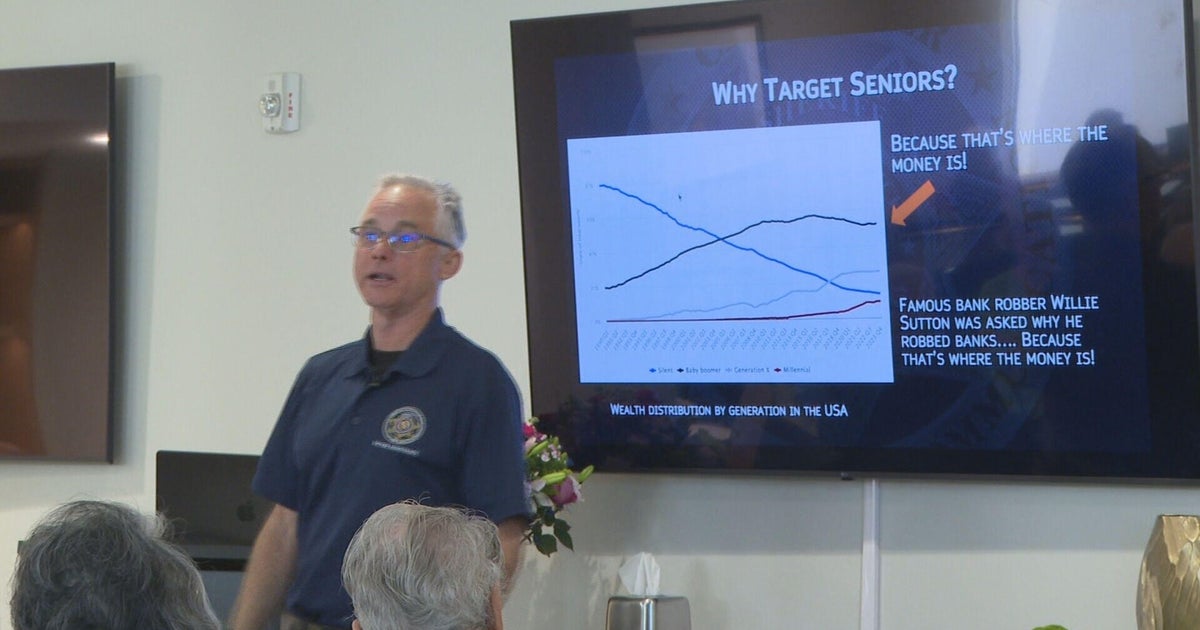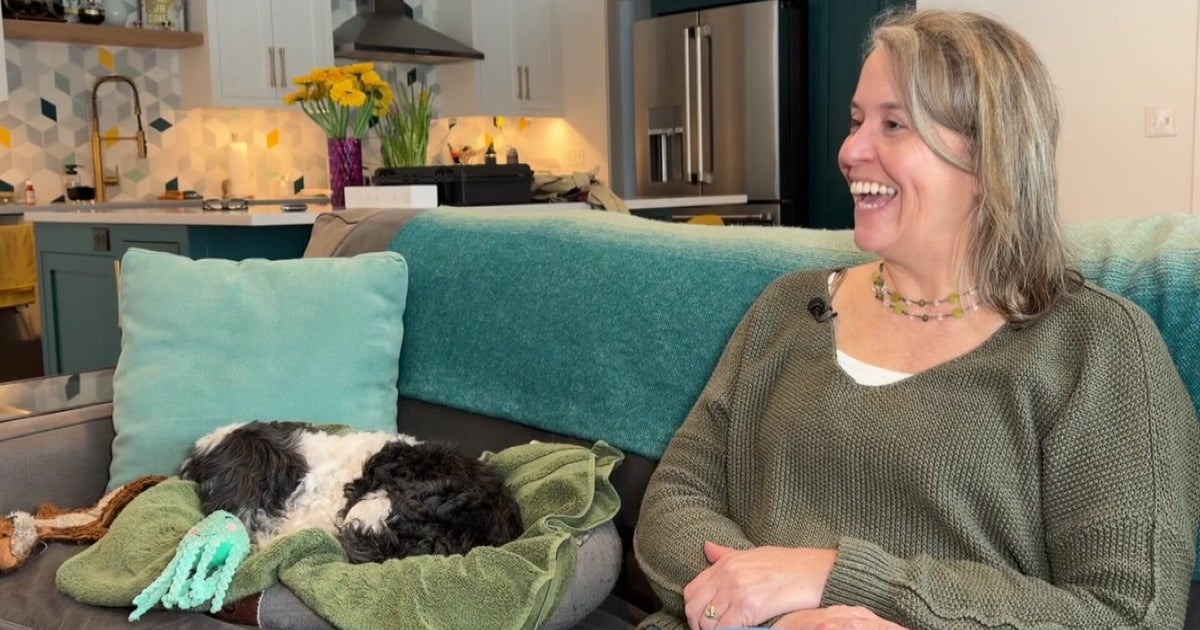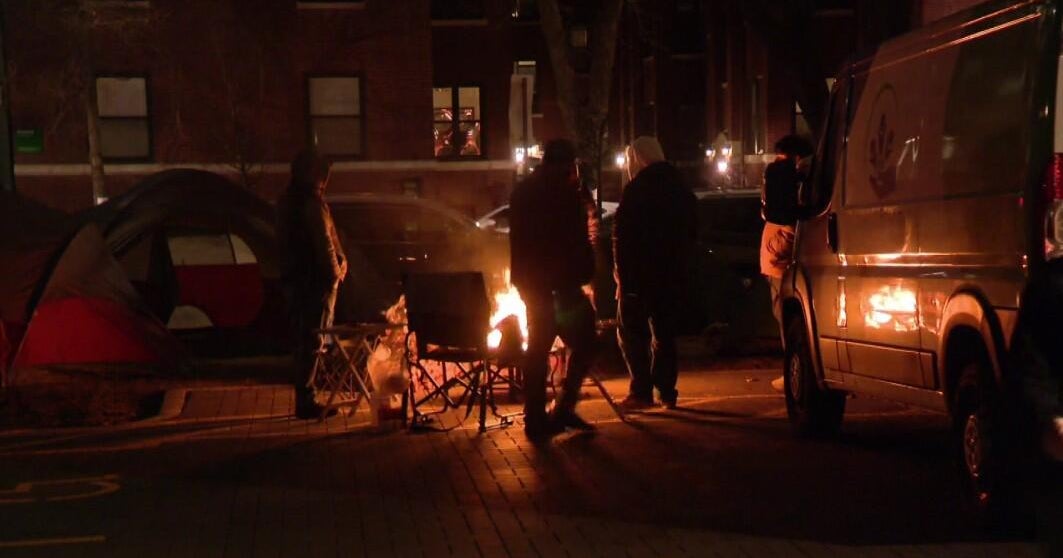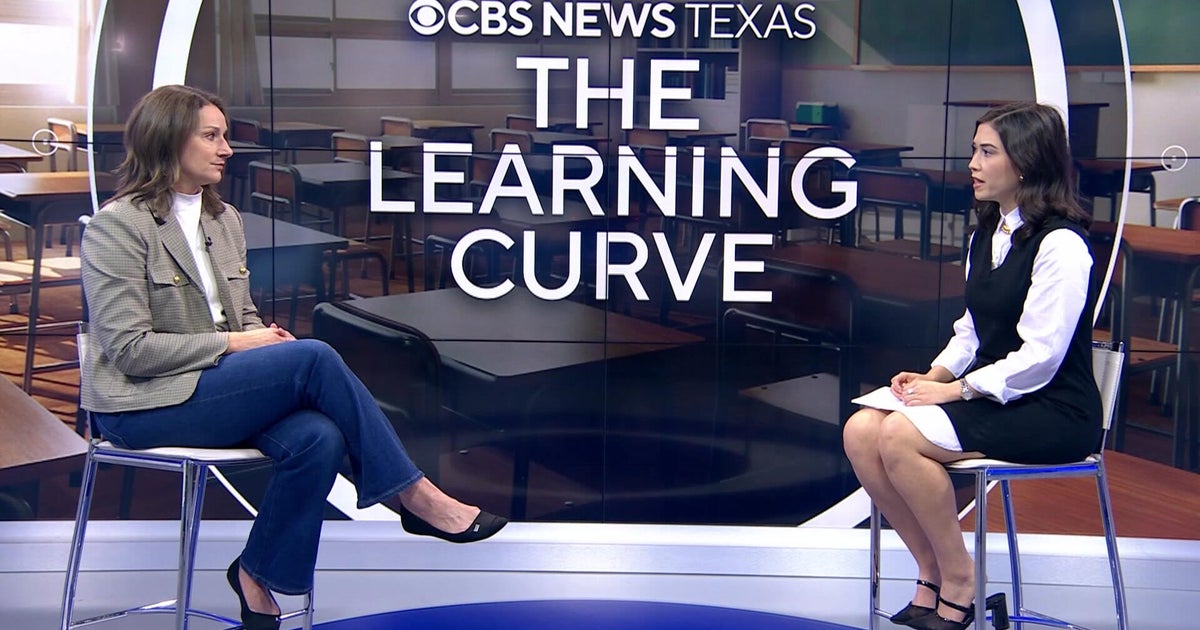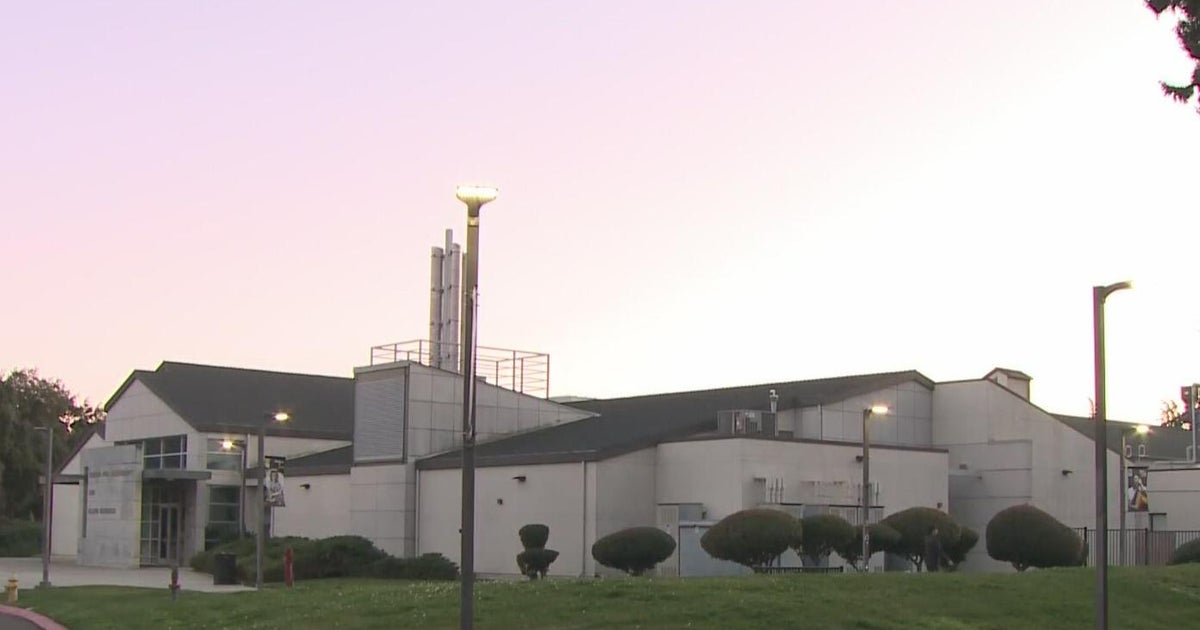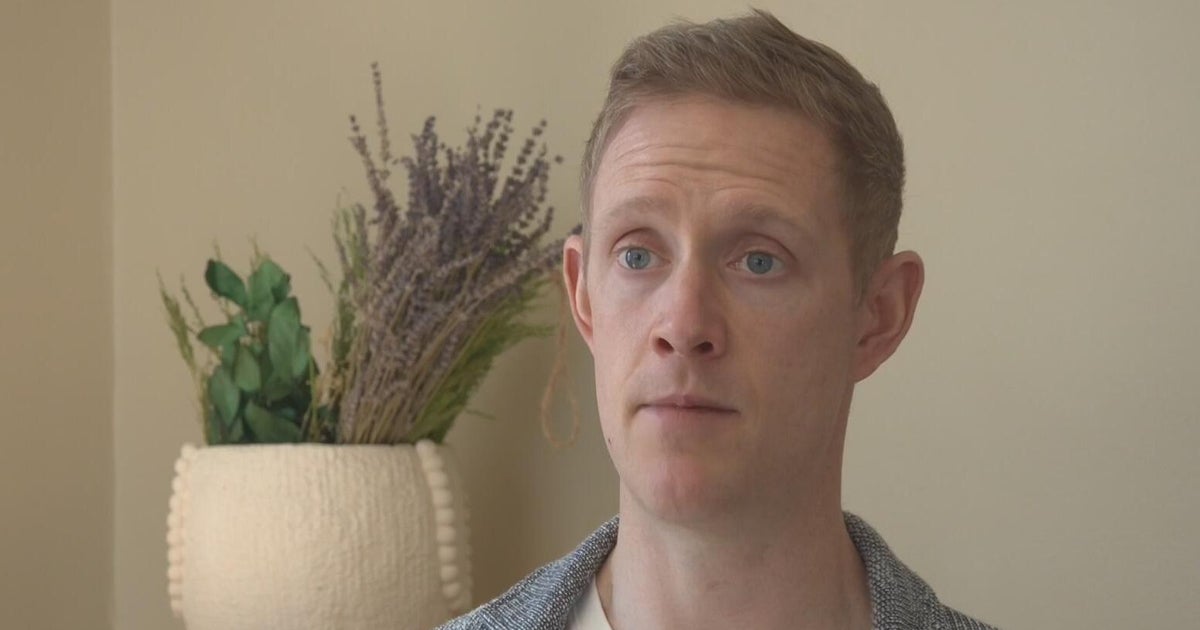Women Battling Illness After Breast Implants Urge Awareness, Education
Follow CBSMIAMI.COM: Facebook | Twitter
MIAMI (CBSMiami) -- More than 290,000 people had breast augmentation surgery in 2016.
The large majority of patients go on with their lives without any issues, but a small few experience side effects.
Some even say they've gotten sick because of their implants.
CBS4 spoke with one such woman who's now on a mission to educate others.
"I am a perfectionist. I wanted the perfect body," Terri Diaz recalled.
It's an impossible goal, but every year, millions of men and women try to get one step closer to the perfect body, sometimes opting for plastic surgery.
"I was working out. I felt good in every aspect," Diaz told CBS4's Lauren Pastrana. "I felt like I was fit, but I was flat."
Diaz took the plunge in 2006, and decided to have a breast augmentation.
She says she did extensive research on the doctor but didn't do as much homework on potential side effects because she assumed the often-performed procedure was safe.
In fact, that same year, the American Society of Plastic Surgeons said 329,000 people had breast augmentation surgery.
"It was being done every day," Diaz said. "It was like buying a new car. That excitement of something really new and fun."
That "shiny new car" feeling wore off quickly.
About six months after the surgery, Diaz says she started feeling sick.
"I started having migraines. I also had chronic fatigue, but I related it to the business I had just started. I didn't connect that would be because of my implants," she said.
Years went by, and Diaz didn't get better.
She visited doctor after doctor, but nothing brought relief.
"I couldn't walk very much. My energy just dropped to nothing. It was miserable. It was horrible. I didn't feel like I was functioning," she said. "They were really dark, dark times. It affected my depression. I lost everything. I financially lost everything. I was on the couch and I couldn't help my family. I couldn't do anything. I wouldn't want anyone to live like that at all."
It wasn't until a friend sent her an article about a woman with similar symptoms that Diaz even considered the breast augmentation may have been a factor.
"It just clicked. It could be my implants," she recalled. "And I cried."
Diaz calls what she experienced "breast implant illness," and as evidenced by one Facebook support group, thousands of women say they have or had the same thing.
"These are real patients, real symptoms, and whatever they need, we need to dedicate ourselves to fix that," said Dr. Pat Pazmiño, a plastic surgeon with Miami Aesthetic.
Dr. Pazmiño did not treat Diaz.
He says he's never seen a case of "breast implant illness" in his patients but he's among a growing group of doctors willing to take a closer look.
"I absolutely believe the women that they are having those symptoms, but I don't know if there's an actual link to the implants and what they're experiencing. I think more research needs to be done," he said.
Research has shown, however, a link between breast implants and a rare form of cancer called "Breast Implant-Associated Anaplastic Large Cell Lymphoma."
An FDA report published last year revealed 359 reported cases and nine deaths.
The New York Times profiled a breast cancer survivor who got the rare lymphoma, and doctors say the implants used to reconstruct her chest were to blame.
"This cancer has never existed before. It was just recently described. The treatment for that is to remove the breast implant and the tissue that we call the capsule around the breast implant," Dr. Pazmiño explained.
Diaz also opted to remove her implants.
She had surgery in December 2016, and slowly but surely, she says she started feeling better.
"Progressively started running back upstairs. Exercising. Hiking. Almost 90% back to who I was before the implants," she said.
Diaz believes hers is a cautionary tale, not to deter people from getting implants altogether, but to educate them about another potential risk.
"I'm not here to condone or condemn implants. I'm explaining what happened to me and also to let people know, that if it is happening to you, let there be an awareness that it could be your implants," she said. "There's hope. There's healing. You don't have to stay sick forever."
Diaz's own Facebook support group for Floridians dealing with breast implant illness now includes more than one thousand people.
The members exchange stories and doctor recommendations but mainly serve to remind each other that they are not alone.
